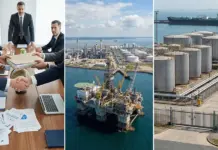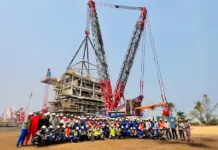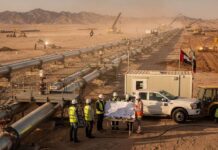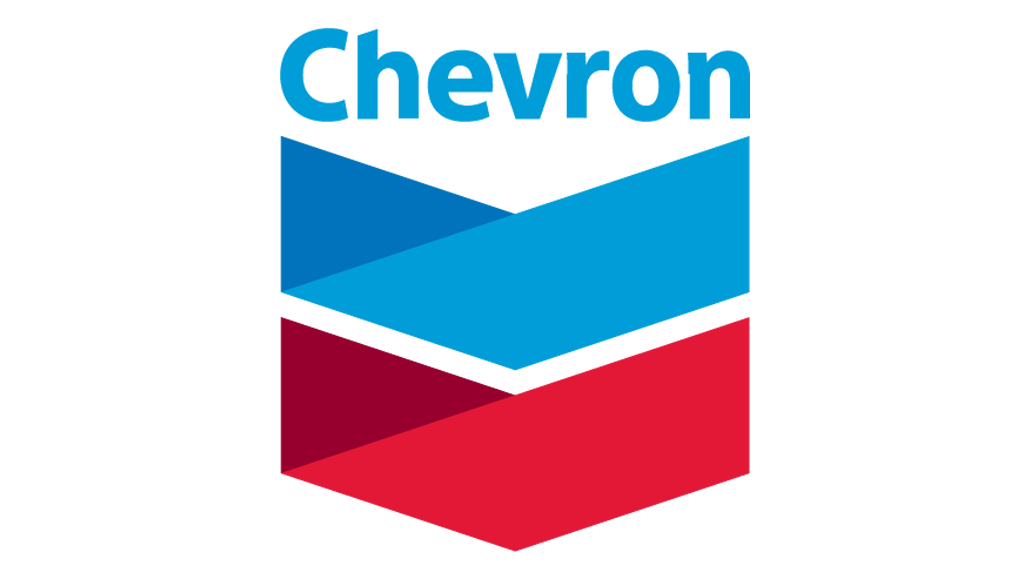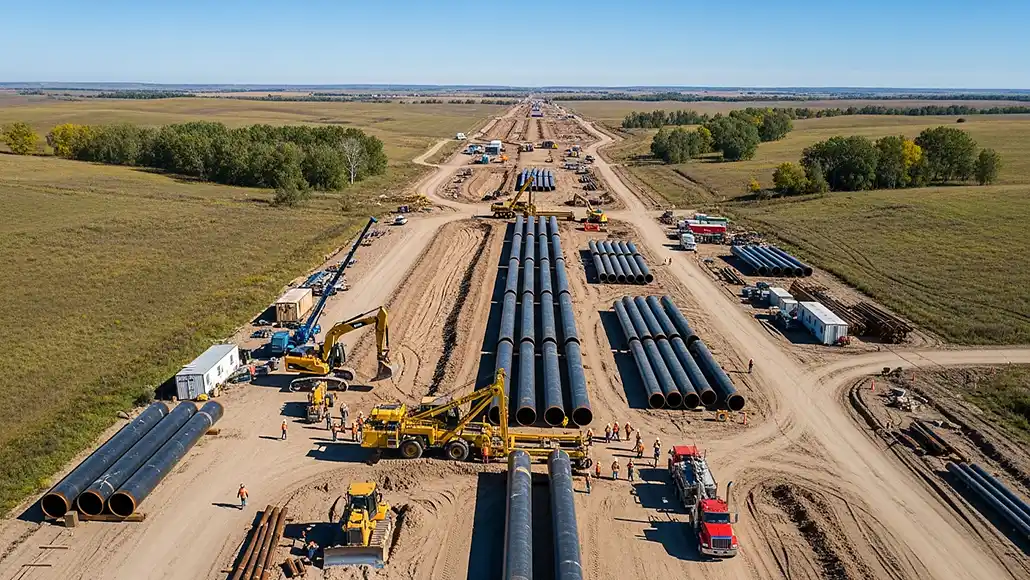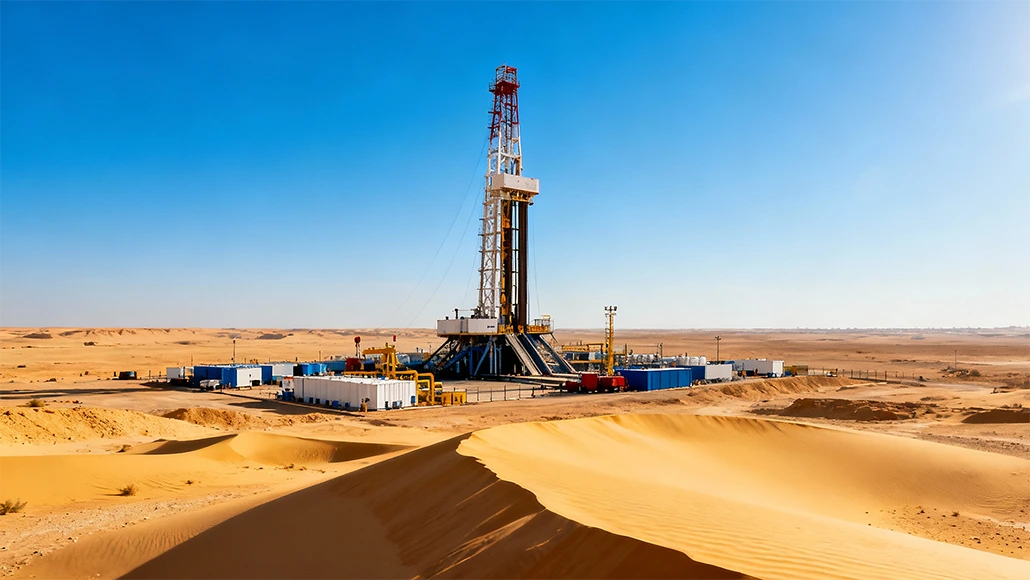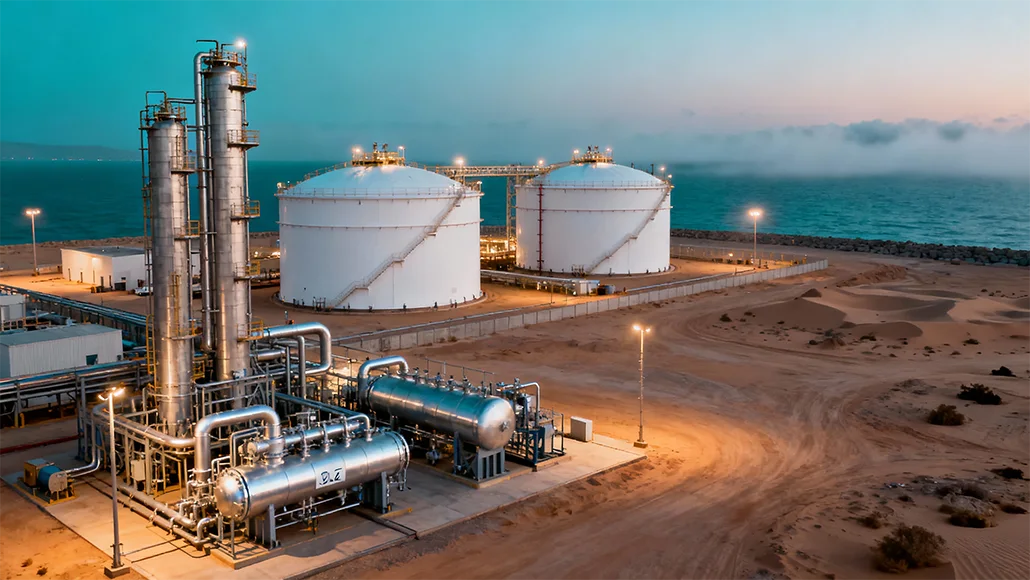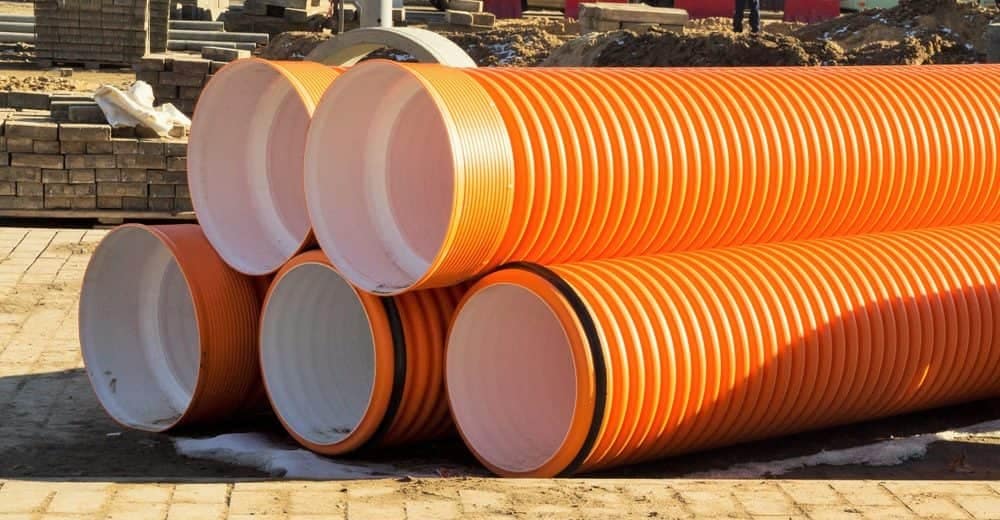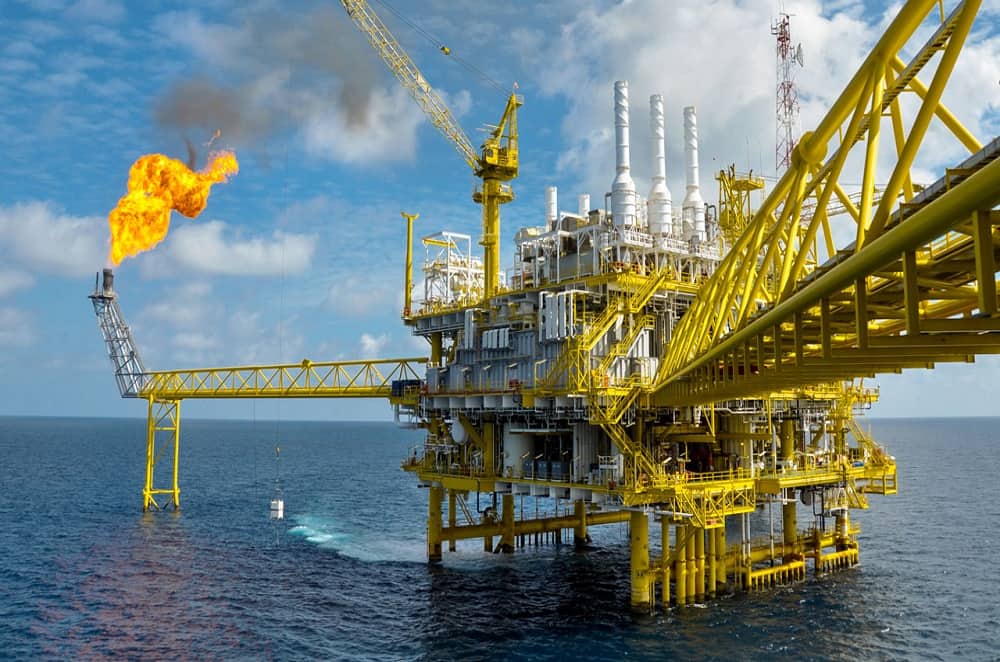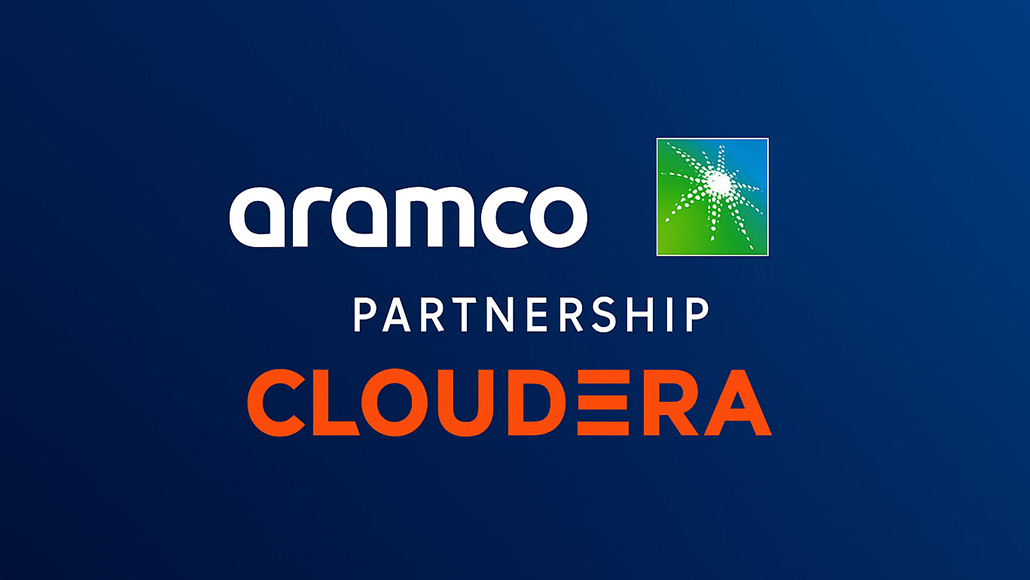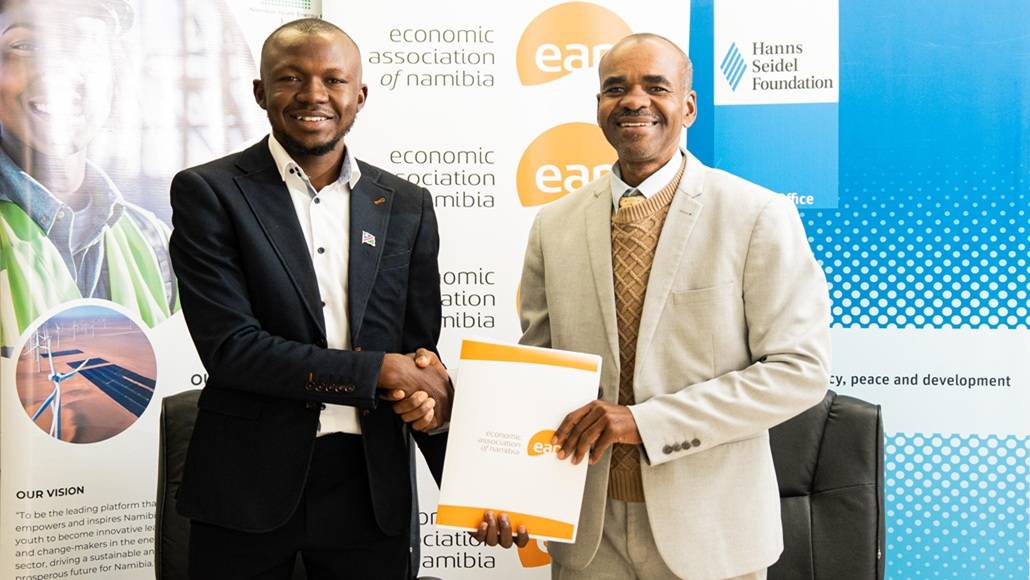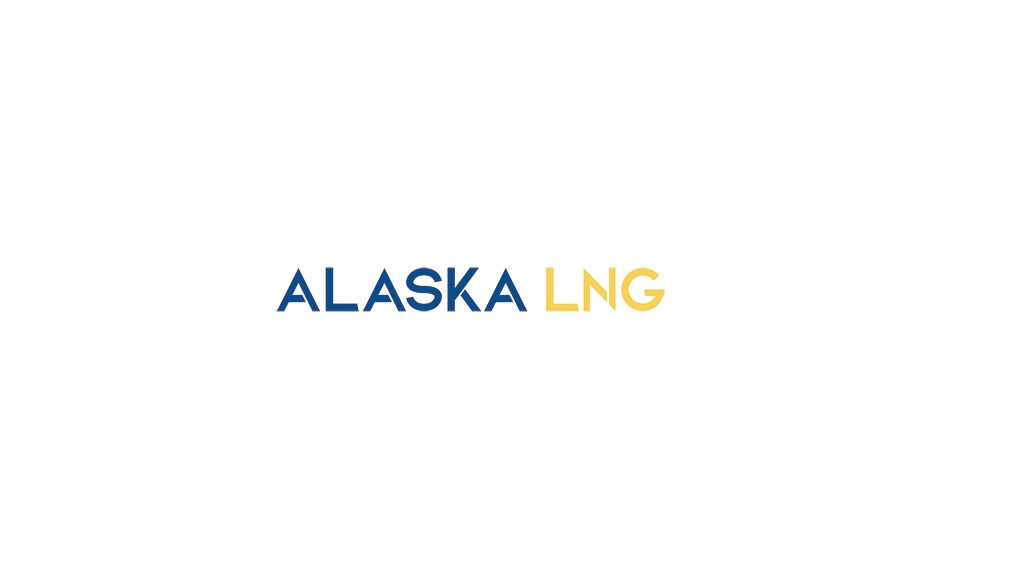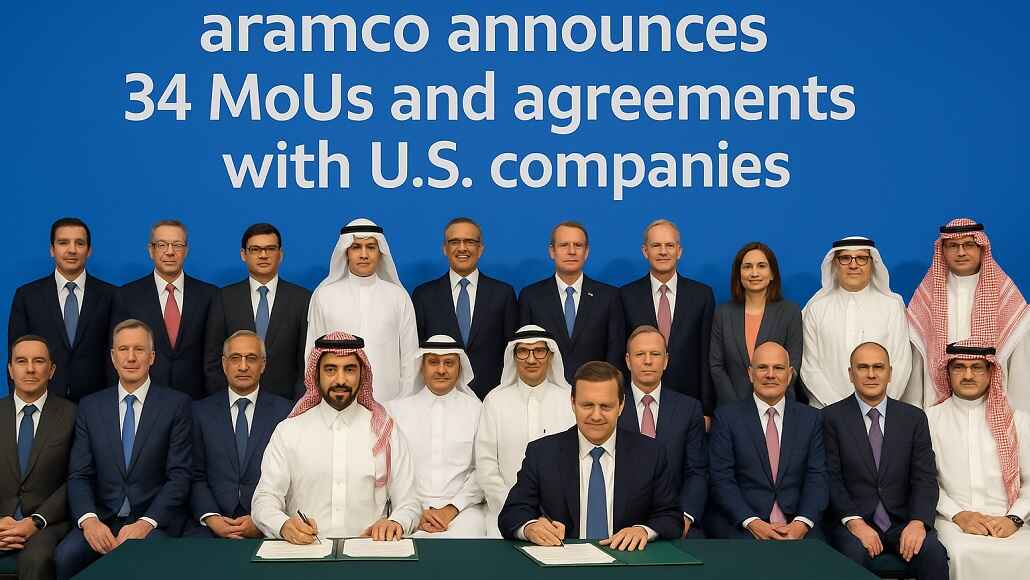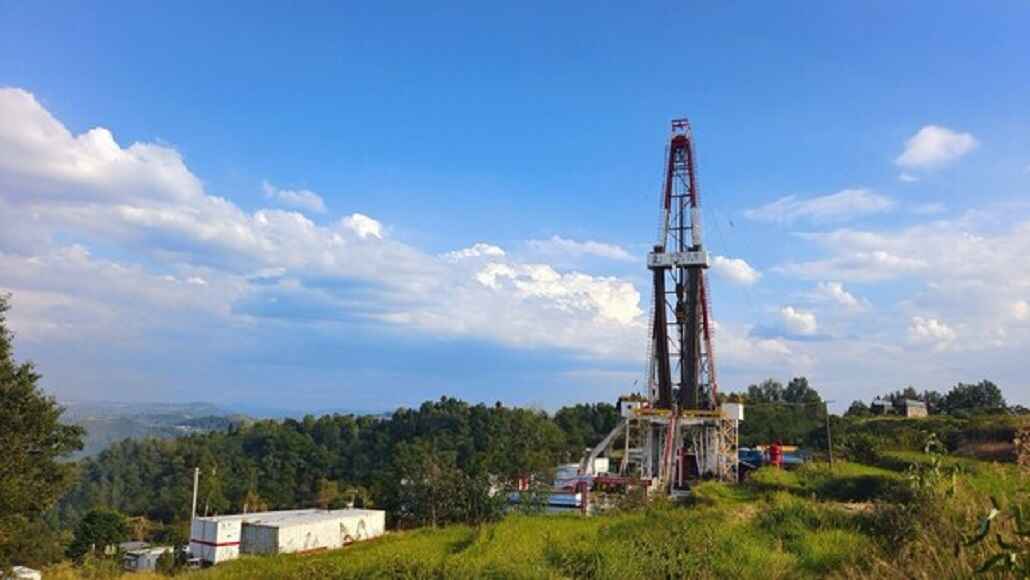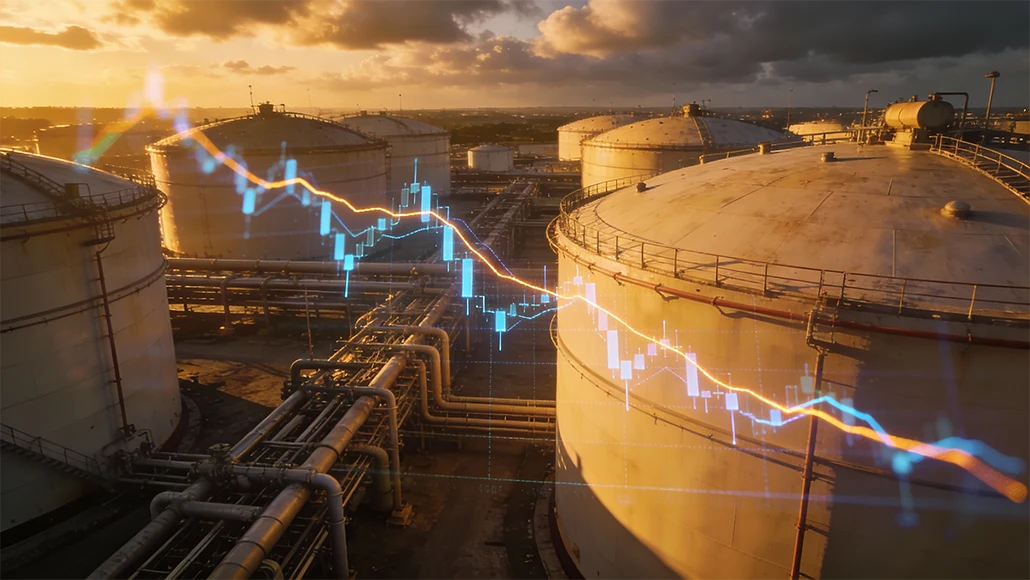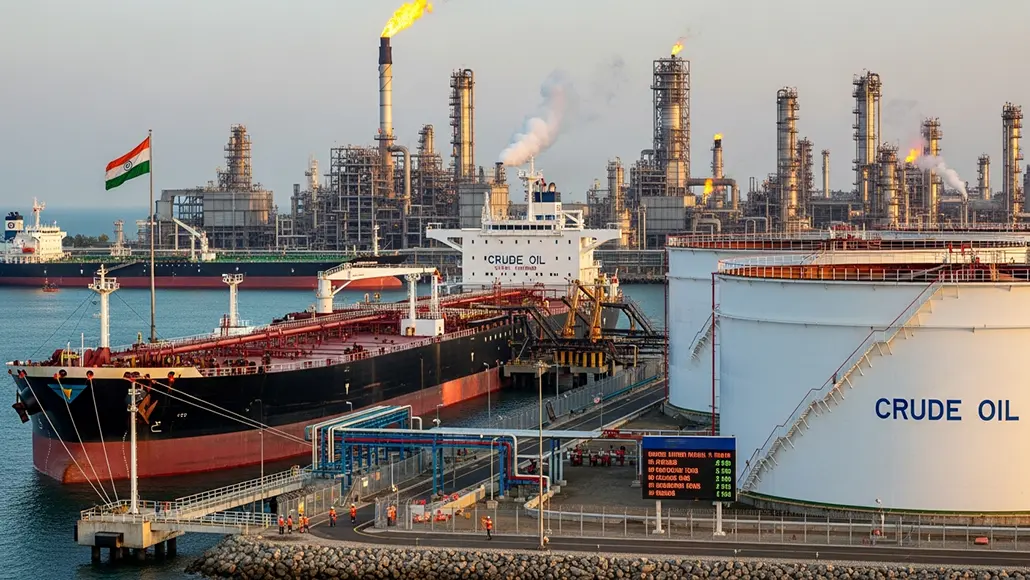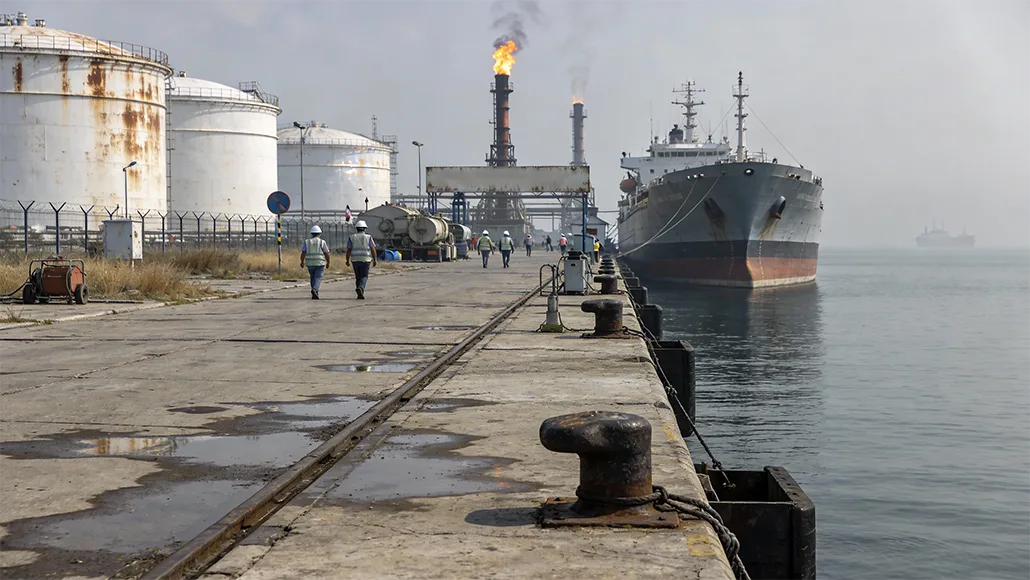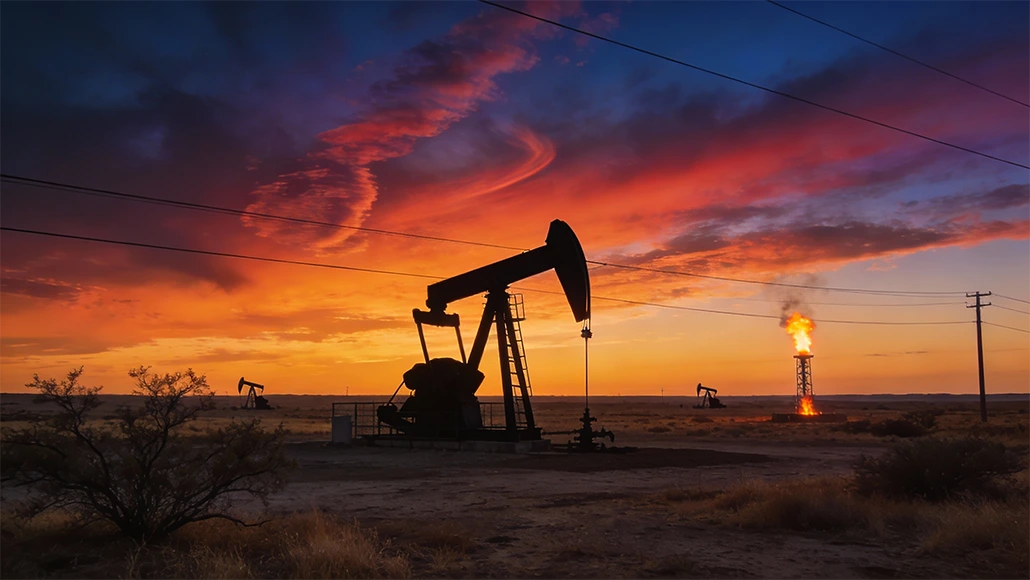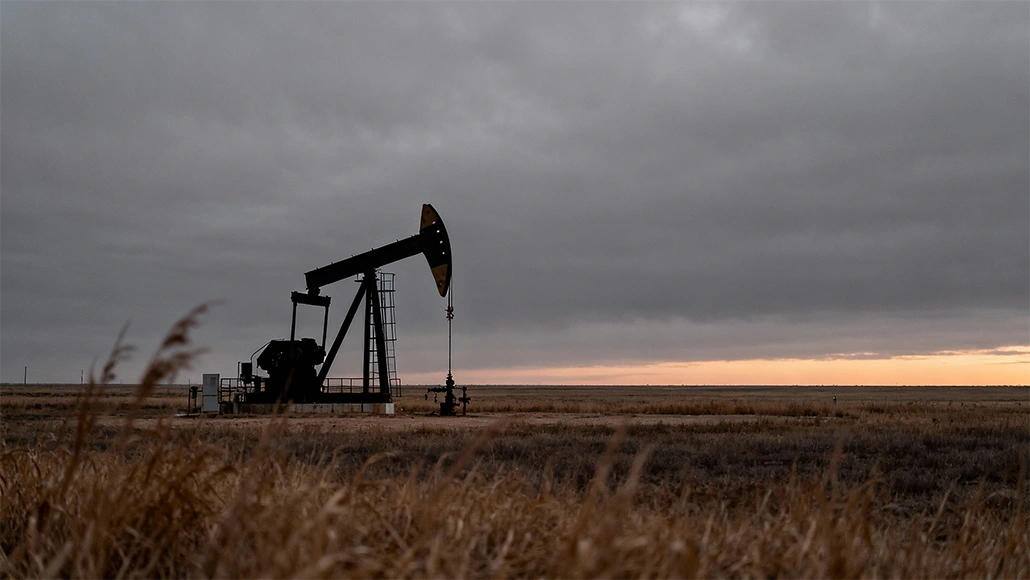For over 15 years, Diane Austin, an anthropology professor at the University of Arizona, has been researching the social impacts of an offshore lifestyle on the workers’ families and households. Austin’s investigations led her to live in these communities, learning how people adapted to a life of constant change during the industry’s Deepwater era. With the study drawing to a close this summer, Austin reflects on lessons learnt during the years spent in the field.
old rig pic
Eva Grey: How did you decide to begin researching the life of workers in the offshore industry?
Diane Austin: Back in 1997, I was a junior faculty member here at the University of Arizona in the bureau of applied research and anthropology. My colleagues had received a call from a group out of the North East asking if we would be willing to be subcontractors on a study that was being done to provide a historical baseline for the social effects of the offshore oil and gas industry on the communities along the Gulf of Mexico. That was being done by the US Minerals Management Service (MMS) and it was part of a requirement under the national Environmental Policy Act and the Outer-continental Shelf act, each of which require the government to assess the effects of federal activity on the outer-continental shelf.
The MMS did a variety of studies ranging from biotic species to ocean currents and this was a study specifically to look at the social effects. That was a fairly short two-year study and it laid out the range of effects that accrue for individuals, households and communities having a large number of people who work offshore. That’s what led us to looking specifically at how those effects play out at different levels.
EG: After this initial study, what was your next step?
DA: We then started the Family Study from 1998 to 2002 and in that one, we used ethnography, which is a research method by which we embedded researchers in the communities that we study and they participate in the daily lives of people by living in the communities, they do interviews, they attend events, they go offshore when given permission – all to understand the lives of the workers, their families and the communities themselves.
The interest really was to look at the Deepwater era because we had stopped the previous study at the 1970s. And so we went in to capture the Deepwater era from the 1970s up to 2000. And that’s the study we are now in the process of trying to wrap up in Lafayette, Louisiana.
EG: How does a career in the offshore industry affect workers’ families and communities?
DA: One of the things that you find is that in different communities, households and different sectors in the industry manage it differently.
In the early history of this industry, a much larger percentage of people worked directly for companies. Over the years, and particularly into the 1990s and beyond, there was a move towards contracting, when companies began contracting out for labour.
Contracting for labour is a pattern that has increased the number of people who are contingent labour (they are on call and work when they are needed) and that increases the uncertainty to a lot of people in this industry.
Offshore workers lose home comforts as oil price pinches pockets
North Sea operator Talisman Sinopec Energy has cancelled its Sky subscription.
What we saw in the earlier periods was that people had a much stronger loyalty to their companies and that has certainly diminished over time. When you work for a project company, you work with a lot of people from different companies, and that is a different kind of work environment.
EG: Could you provide some day to day examples of how different contract patterns affect families nowadays?
DA: Many couples in the Gulf of Mexico region develop livelihood strategies wherein one individual works offshore and the other works a more stable, though often less-well-paying job that has good insurance benefits. This allows the couple to benefit from the higher pay afforded in many offshore jobs while maintaining insurance during oil and gas industry downturns when layoffs are common, especially for contract labourers.
Families and households adjust to the various work schedules by celebrating holidays when the worker is home. However, some events, such as graduations, cannot be moved to another day, so workers may miss those events. Some employers can and do accommodate special occasions (such as graduation or the birth of a child) but not all do. Planning is much easier for households where workers have regular schedules.
Workers in on-call positions may get called out at any time and generally do not know how long they will be gone. The workers and their families must adapt to this, living from day to day and week to week not knowing whether the offshore worker will be home or not. They are often caught in a bind. They want to have the offshore worker home with them, but this means he or she is not earning any money. This is especially difficult during downturns when workers feel they must take any job that comes along or risk being placed at the bottom of the call list and not getting called out again.
EG: Did studies show whether it is increasingly easier, or more difficult for offshore workers to adapt to this lifestyle?
DA: You could say it is both. There are things which are easier to adapt to: in the early days, the most common schedule was between seven and seven (seven days out, seven days back) and so communities adapted to that. For example, the universities started offering programs and courses which mirrored and matched that schedule.
As the industry has moved into deeper water, and there are more people working internationally, the schedules have changed. The common schedule now is 14 days on and 14 days off, or a month on, a month off. So there is now a multitude of schedules, which makes a little harder to adapt to a particular pattern.
At the same time, communication has increased tremendously. In the early days, there was no communication with offshore, except for emergencies. Throughout the 90s, with the introduction of emails people started to have access to instant messages. Now of course there are cell phones and all kinds of communication that has made it easier for people to at least stay in touch.
EG: What are some of the circumstances you think have got either better or worse for offshore workers, over the past 40 years?
DA: In many ways, the industry is safer today; practices such as working without safety gear, have generally been stopped. However, each time the industry faces new conditions – such as higher temperatures and pressures or more extreme environmental conditions at the surface – new technologies and practices are developed and risks are great. Also, of particular concern are the effects of high levels of turnover – and the influx of large numbers of inexperienced workers – on safety.
“Many more individuals work as contract labour today than they did decades ago; this adds to the precarious nature of employment in this industry.”
Many more individuals work as contract labour today than they did decades ago; this adds to the precarious nature of employment in this industry.
Communication has certainly improved.
EG: Do you have any anecdotal evidence of how families have adapted to a hectic offshore schedule?
DA: In communities with large numbers of offshore workers, people have accommodated the offshore schedules in everything from Little League teams to Bible studies by having people working alternate schedules in leadership roles. This is more challenging when people are working many different schedules (7&7, 14&14, 28&28, on call); many people in on-call situations simply cannot participate in community activities because of the unpredictability of their availability.
In regions such as the Gulf of Mexico, with an extensive offshore workforce and a long history with this industry, many families have multiple generations who have worked in the industry. I remember one
family where both the husband and wife worked offshore; the grandparents took care of the children when both of them were offshore.
EG: What do you personally hope that this study will achieve?
DA: For one, it is to give recognition to the people who have worked in this industry and deliver an understanding to all of us of what it means to work in this industry.
One of the things that have always struck me in terms of my motivation to keep working in this area is that we are all dependent on oil and gas, whether it comes from onshore or offshore, and yet we pay little attention to what it takes to get that oil and gas out of the ground.
In addition to having these interviews recorded and placed in archives, [my goal is] to create something that people in the future will learn from.
A very personal note is to be able to give back to families the stories of their loved ones. One of the parts of this work has been that I continue to get either emails or phone calls from family members who find out about the study and we are able to send them a copy of the audio file and the transcript. And that I think is an important part of every history.


